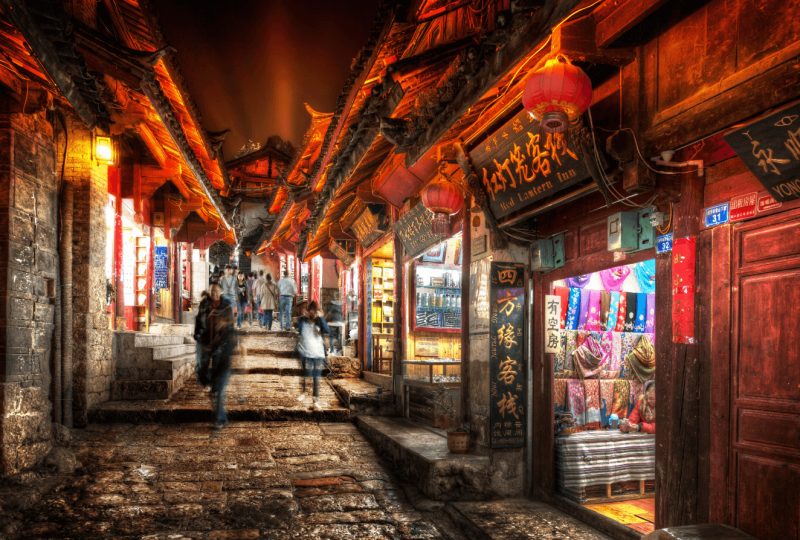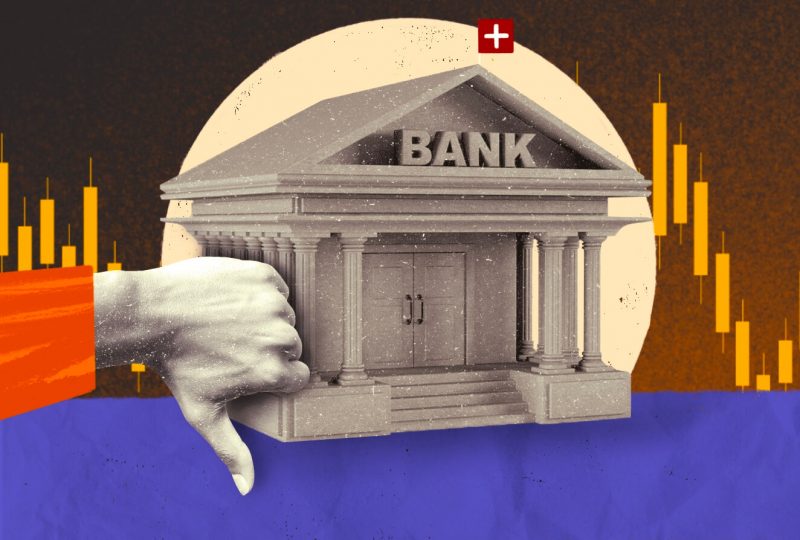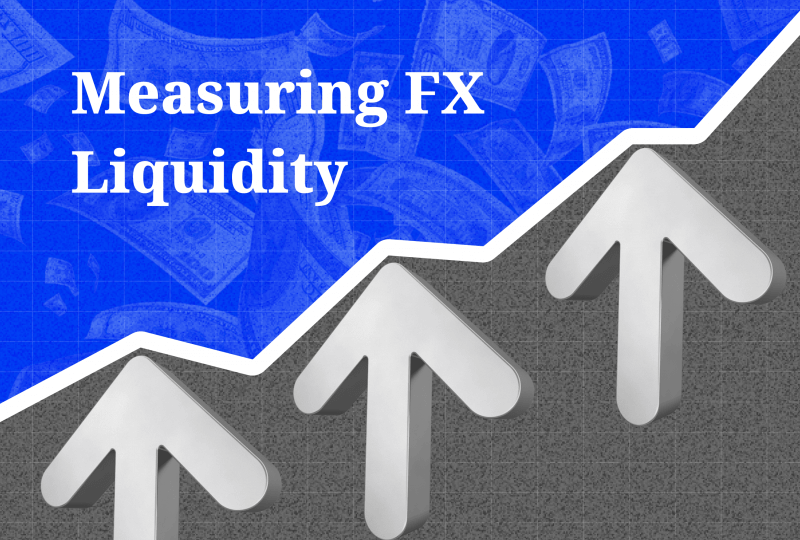New SEC Chair Atkins Takes the Helm — What It Could Mean for Crypto Regulation
Apr 11, 2025

Paul Atkins has been confirmed to be the new SEC chair, and his appointment couldn’t come at a better time for the crypto industry. On April 10th, the Senate voted 52 to 44 to confirm him, and almost immediately, the digital world began to feel the shift in sentiment.
Familiarity with the SEC is no stranger to Atkins. He has served as a commissioner in the early 2000s and has become known as someone who supports free markets and technological innovations. Now, as crypto companies continue to navigate in a maze of unclear regulations, many hope that Atkins will bring much-needed structure and sanity to the agency’s approach.
A Much-Needed Change in Direction?
During his confirmation hearings, the new SEC chair made his priorities clear: the U.S. needs a smarter, more consistent way to regulate digital assets. He argued that the current state of affairs is confusing, inconsistent, and ultimately driving innovators to take their businesses overseas.
“We need to stop regulating by enforcement and start giving the industry a rulebook,” he said—words that struck a chord with crypto entrepreneurs who have long felt like they’ve been operating in legal limbo.
His approach is a stark contrast to that of Gary Gensler, the former SEC Chair. Under Gensler, the Commission often took a hardline stance — launching lawsuits and treating a wide range of tokens as unregistered securities. While Gensler insisted this was about protecting investors, many in the crypto space felt it stifled innovation and left them guessing about the rules.
Supporters of Atkins, including Congressman Tom Emmer—one of Washington’s most vocal advocates for crypto—welcomed the shift. Emmer said he believes Atkins will return the SEC’s focus to what it was originally meant to do: protect investors without crushing the tech sector.
Industry Optimism, with a Dose of Skepticism
The reaction across the crypto community has been cautiously upbeat. Coinbase’s Chief Policy Officer, Faryar Shirzad, described Atkins’ appointment as “the dawn of a new era,” suggesting the industry could finally see some open dialogue with regulators.
There’s also renewed hope that the SEC will provide clarity on long-debated issues—such as how to classify various digital tokens and how to treat decentralized finance (DeFi) platforms under U.S. law. Many are looking to Atkins to replace the SEC’s lawsuit-heavy tactics with transparent, predictable policy.
Still, no one’s throwing a victory party just yet. The industry is watching carefully to see whether real change is on the way—or if this is just a more polished version of the same regulatory uncertainty.
Not Without Challenges
Of course, the new SEC chair is stepping into a role that comes with its own set of hurdles. The SEC is currently short-staffed after a wave of retirements and internal shake-ups, which could delay efforts to craft new policy frameworks. On top of that, the Trump administration is cutting budgets across the board—including at the SEC—potentially limiting its ability to roll out reforms.
Then there’s the political scrutiny. Some lawmakers, including Senator Elizabeth Warren, have raised concerns about Atkins’ past consulting work with crypto companies. While no conflict of interest has been proven, critics argue that his previous affiliations should be examined closely.
What Lies Ahead?
Atkins now faces the delicate task of rewriting the rulebook without stalling the industry’s momentum. The crypto sector is hungry for regulation—just not the kind that boxes it in. Investors still want protection, but not at the cost of innovation.
If Atkins can walk that fine line, he has the chance to lead the SEC into a more constructive, forward-thinking relationship with crypto. That won’t happen overnight—but for the first time in a while, there’s genuine optimism that it might happen at all.
For now, the crypto world is keeping its eyes on the SEC—and, maybe for once, feeling hopeful about what comes next.




